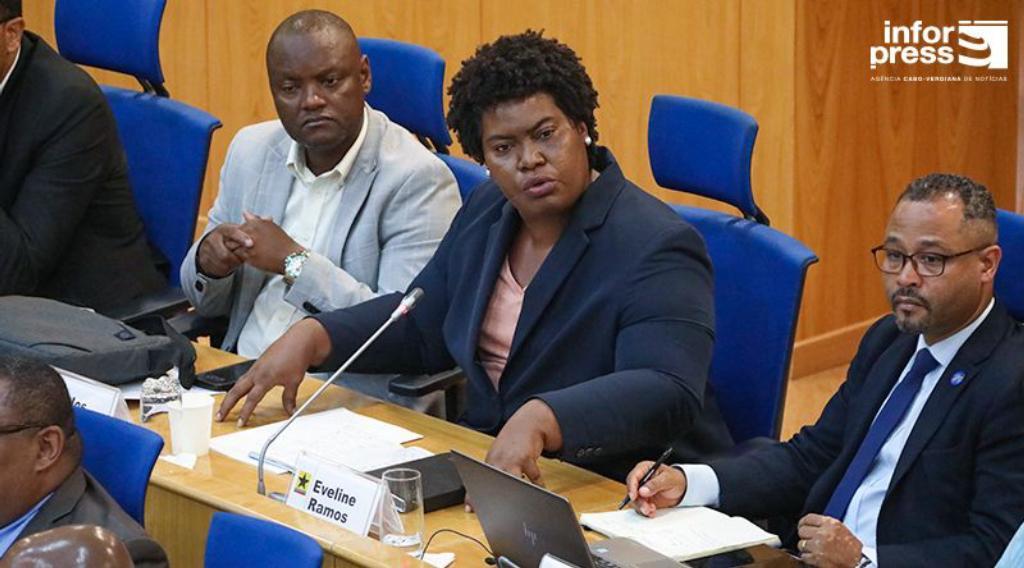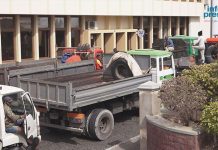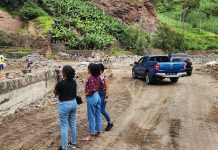Africa-Press – Cape verde. The opposition African Party for the Independence of Cape Verde (PAICV) accused the government in parliament today of having “failed to implement effective public policies” for water mobilization, “leaving entire communities without access to this essential resource.”
The accusation was made by PAICV MP Eveline Ramos during her political statement at the last parliamentary session of July, which runs until Friday the 31st.
This plenary session marks the end of the parliamentary year and will culminate in the debate on the State of the Nation, which will be held on Friday the 31st, with the Prime Minister in attendance.
“The MpD government has failed miserably in its water mobilization policy in Cape Verde. It promised much and delivered little. It discontinued key projects, such as the water supply plan for Santiago Island, which included the installation of 12 desalination plants, directly impacting consumption and agriculture.
Today, entire communities live without running water for days, weeks, and even months. Not even the city of Praia is immune to this reality,” denounced MP Eveline Ramos.
The MP from the largest opposition party argued that the government has not only discontinued key projects left by the PAICV government, but has also demonstrated a “lack of strategic vision” for the water sector.
“Water is life, it is dignity, it is development, so it should be a right, not a privilege,” stated Eveline Ramos.
The deputy emphasized that the previous PAICV government left plans and investments in place to ensure sustainable access to water, notably the installation of one of the largest desalination plants in the region, in Praia, with a capacity to produce 20,000 cubic meters per day.
The project also included investments in reservoirs, distribution networks, and drilling throughout the region.
One of the examples mentioned by the deputy was the water supply project for Santiago Island, agreed upon with GICA in 2013, which included the installation of 12 desalination plants, including units in Praia and São Miguel.
“This project aimed to guarantee water for consumption and agriculture, with a direct impact on food security and the empowerment of our farmers,” she emphasized.
According to Eveline Ramos, the current government “opted for propaganda over execution” and failed to follow through on this plan.
As a result, she noted, “several communities are currently experiencing critical situations,” with populations going days or weeks without running water, including in the country’s capital.
The PAICV parliamentarian also denounced the “abandonment of water infrastructure” inherited from previous administrations, such as dams and irrigation systems, as well as the ineffectiveness of the Água de Rega company.
“It is urgent to resume abandoned projects and implement a national emergency plan to support the communities most affected by the lack of water,” she asserted.
For his part, UCID deputy António Monteiro also warned of the severity of the water problem in Cape Verde, especially on the island of Santiago, and argued that, 50 years after independence, the country should have already resolved this challenge.
He lamented that there are still islands with “serious difficulties” and considered “the persistence of the problem unacceptable.”
Criticizing the slow pace of solutions, António Monteiro recalled that the GICA program for Santiago Island has been discussed for over 15 years, without any concrete results. “We continue to talk, talk, talk, and still don’t have any possible solutions,” he said, calling on the government to definitively resolve the country’s water problem.
For More News And Analysis About Cape verde Follow Africa-Press






